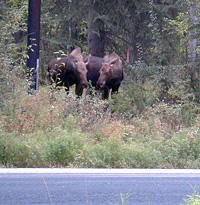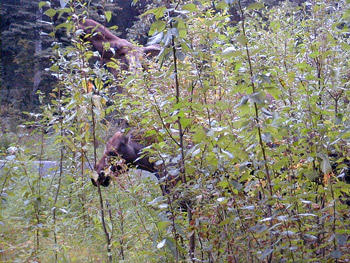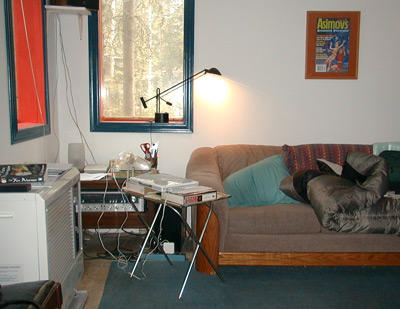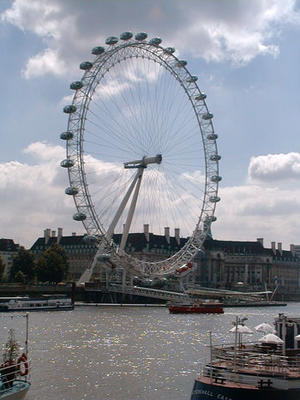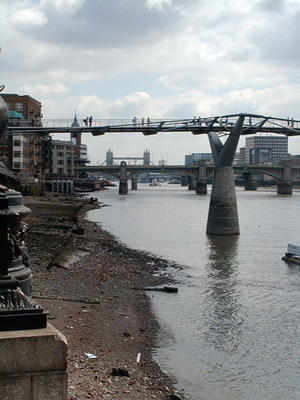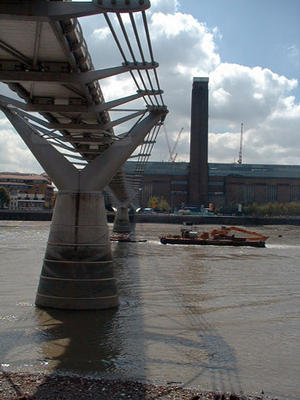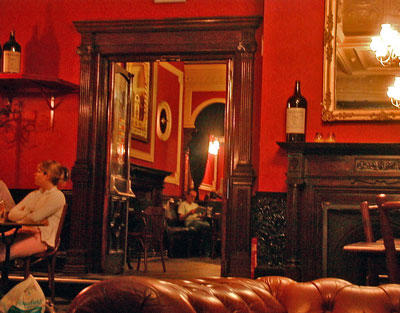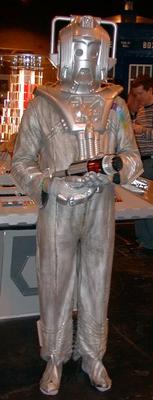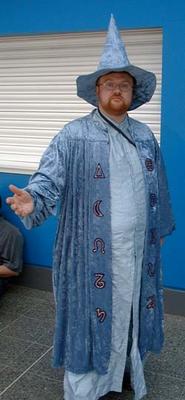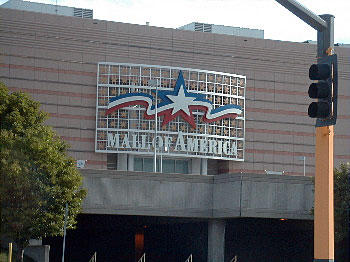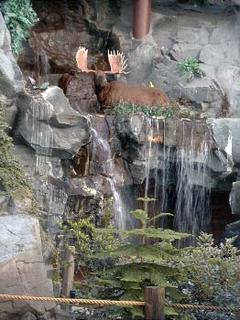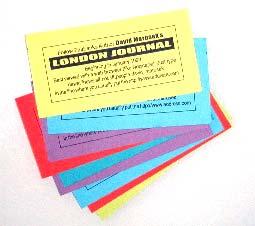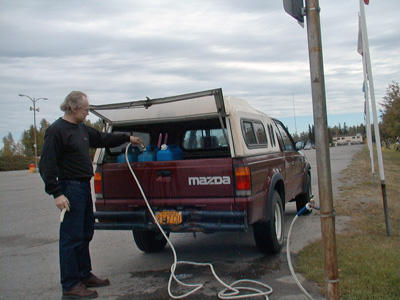
Here I am doing a weekly chore, filling my jerry jugs with water at the public spigot at Alaskaland.
There's a lot to say about this photo. First, a year or so ago, the elected borough (we have boroughs instead of counties in Alaska) assembly members voted to change the name of our theme park from Alaskaland, which I like a lot, to Pioneer Park, which I don't. There wasn't much public discussion about this and small controversy. But to me Pioneer Park sounds too much like the state-run retirement system of Pioneer Homes. It conjures up images of coon skin hats and old men on benches.
2) Jerry jugs. I have recently learned (when my book was copyedited) that I have been misusing the term "jerry-rigged" to mean makeshift or provisional my entire life. There's no such phrase, in fact, and the correct term is "jury-rigged," and that the origin of the phrase is nautical. Fortunately, jerry jug is probably OK, as it derives from jerry can, a WWII term referring to the metal cans the Germans used to transport gas or water.
3) My jugs hold six gallons, and I have three of them. This means that I consume about 18 gallons of water a week at the cabin for washing, cooking, and drinking. I find that remarkable.
4) This is the parking lot of Alaskaland, which teems with RV vehicles parking overnight in the summer. But summer has flown, and visitors are heading south and over the Rockies before the first snow. Water to the public spigot, the only one I know of in town (besides the borough RV tank station) is turned on each May on Memorial Day and shut off each Fall on Labor Day. So this is probably my last free fill this season. During the winter I have to schlep my jugs to a laundromat or use a commercial water fill station. If Labor Day seems early to be buttoning up water valves for winter, consider that we got our first frost warning the other night.
5) I'm growing my hair long, unless it all comes out grey. I have natural curls.
6) My '92 Mazda pickup is looking a little bedraggled. But it still has less than 80 K miles. That dent in the rear bumper was there when I bought it second hand.

